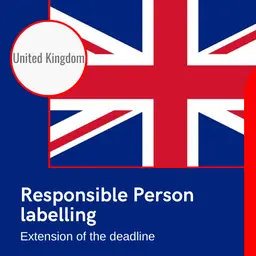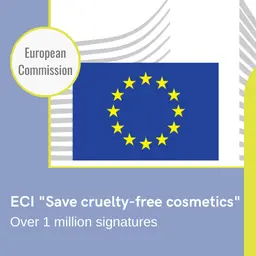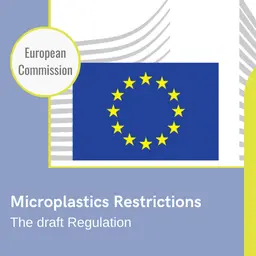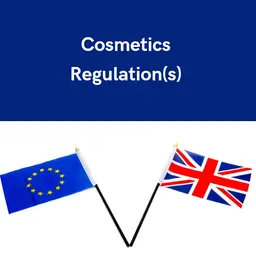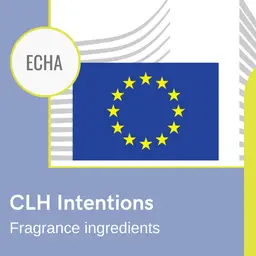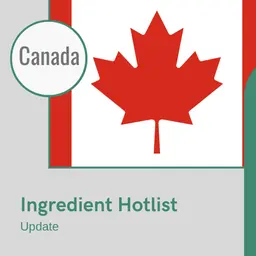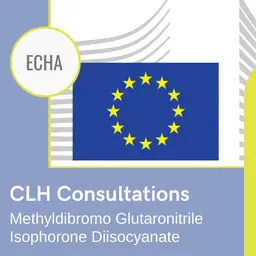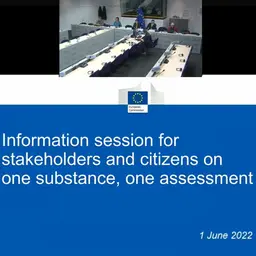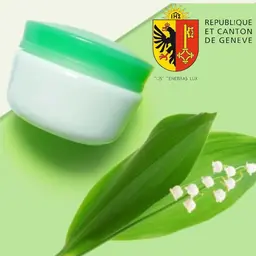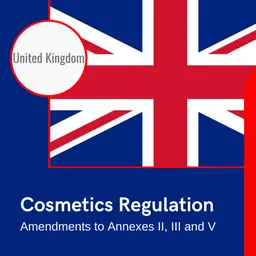
This text, adopted during the 17th SCCS plenary meeting of 11 December 2012, has just been published. These "Notes of guidance for the testing of cosmetic substances and their safety evaluation" are mainly concerned with testing and safety evaluation of the cosmetic substances listed in the Annexes of Regulation, but they also are a practical guide for the safety assessment which must be in the PIF, from July 11, 2013.
In its introduction, SCCS reminds us that "According to Article 2.1 (a) of Regulation (EC) No 1223/2009, a cosmetic product means any substance or mixture intended to be placed in contact with the external parts of the human body (epidermis, hair system, nails, lips and external genital organs) or with the teeth and the mucous membranes of the oral cavity with a view exclusively or mainly to cleaning them, perfuming them, changing their appearance, protecting them, keeping them in good condition or correcting body odours.
"Substance" is defined by Article 2.1 (b) of this Regulation as a chemical element and its compounds in the natural state or obtained by any manufacturing process, including any additive necessary to preserve its stability and any impurity deriving from the process used but excluding any solvent which may be separated without affecting the stability of the substance or changing its composition. Whereas Article 2.1 (c) defines "mixture" as a mixture or solution composed of two or more substances."
Cosmetic products have a history, covering thousands of years, in using a variety of substances derived from plants, animals and mineral sources. Modern technology has added an important number from synthetic and semi-synthetic origin. Present-day use …

